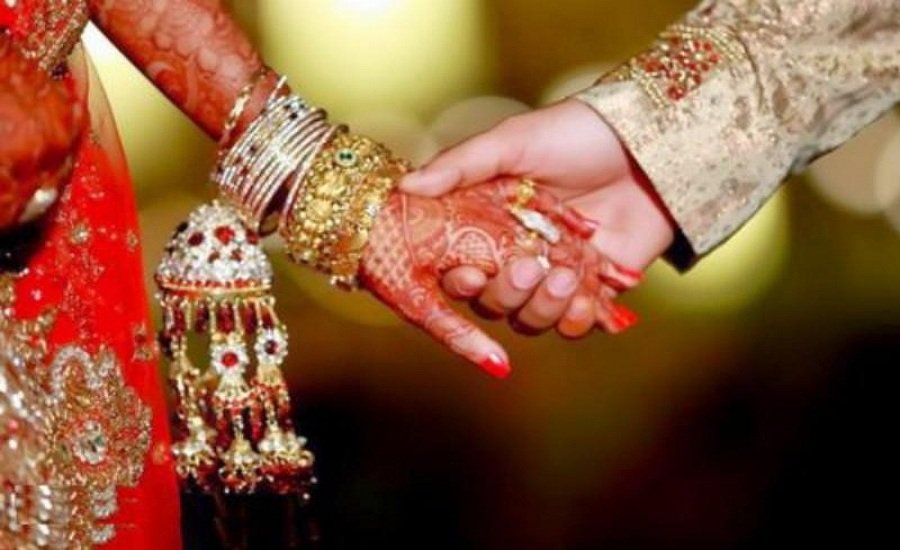Chief Justice Bobde declines plea for immediate relief saying that the matter needs detailed hearing.
Team Clarion
NEW DELHI — The Supreme Court of India on Monday issued notices to the governments of Uttar Pradesh and Uttarakhand in response to the petitions challenging laws banning religious conversion for marriage or so-called “Love Jihad” laws but refused to put a stay on the implementation of these laws.
The three-member bench of Chief Justice S.A. Bobde, Justices V. Ramasubramanian and A.S. Bopanna heard the petition filed by Vishal Thakre & others and social activist Teesta Setalvad’s NGO Citizens for Justice and Peace (CJP).
According to Live Law, the CJP lawyer Chander Uday Singh sought a stay on the provision which mandated prior permission from authorities for religious conversions for marriage. Singh termed the provision as “oppressive” and said it was “absolutely obnoxious” to put the onus on the couple to prove it is not conversion for marriage which leads to mobs storming the wedding parties.
He said the law has been misused against innocent people since its enactment in November 2020.
The bench initially asked the petitioners to approach respective High Courts as Solicitor General Tushar Mehta argued that Allahabad High Court was already considering the challenge against the laws.
But after the lawyers Singh and Pradeep Kumar Yadav contended that the matter involves two states and is creating widespread problems in the society, the CJI changed his mind.
Yadav submitted that the cases are pending in more than one High Court, hence it was appropriate for SC to consider the petitions.
Justice Bobde, however, declined Singh’s prayer for immediate relief saying that the matter needs detailed hearing. The notices issued to the state governments are returnable within 4 weeks.
The CJP petition argues that the recent anti-conversion ordinance by the Uttar Pradesh government violates Article 21 of the Constitution as it empowers the State to suppress an individual’s personal liberty and impinge upon an individual’s right to freedom of choice and right to freedom of religion.


